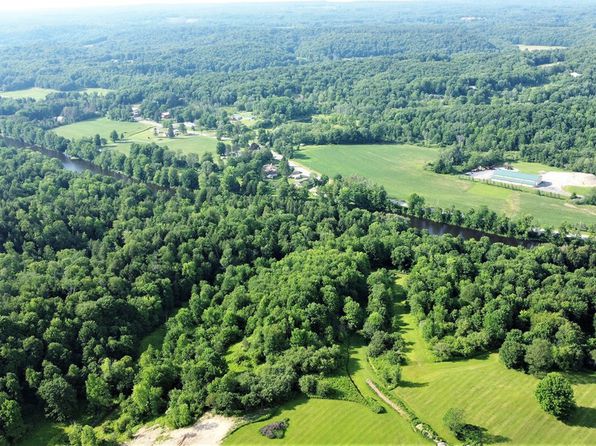Pollution Prevention and Good Housekeeping for Municipal Operations
The Pollution Prevention and Good Housekeeping minimum control measure focuses activities on ensuring that municipal facilities and operations are managed in ways that will minimize contamination to stormwater discharges emanating from these facilities. Facilities may include, but are not limited to, municipally owned or operated buildings, campuses, parks, public works facilities, and infrastructure. Various operation and maintenance activities addressed may include, but are not limited to: street and bridge maintenance; road salt storage and application; vehicle and fleet maintenance; stormwater system maintenance; solid waste management; park and open space maintenance; and pesticide and fertilizer applications.MS4s are encouraged to consider the following components when developing their pollution prevention and good housekeeping programs: 1) management practices, policies and procedures; 2) prioritization of efforts based on geographic areas of concern, potential to improve water quality, facilities or operations in most need of improvement, and the regulated community's capabilities; 3) employee training on how best to incorporate pollution prevention/good housekeeping techniques into municipal operations; and 4) requiring municipal contractors to also implement pollution prevention and good housekeeping practices.
In addition to developing an overall Municipal Pollution Prevention and Good Housekeeping program, the State's stormwater permit program specifically requires the regulated community to assess and evaluate their facilities and operations and, if necessary, implement changes to help ensure a reduction in the amount and type of pollutants in stormwater. To accomplish this, regulated communities are required to perform self-assessments of municipal operations and facilities at least once every three years. Extensive guidance documents exist that describe various methodologies and considerations for conducting such assessments.
In certain areas that have current Watershed Improvement Strategies and/or Total Maximum Daily Load (TMDL) requirements, the regulated community may also be required to develop additional policies and procedures for: a stormwater conveyance system inspection and maintenance program; a turf management practices and procedures policy; a pet waste management program; and/or a goose population management program.
Additionally, those municipal operations and facilities that would otherwise be subject to the Multisector General Permit for industrial stormwater discharges may be required to perform additional monitoring and record keeping activities, and develop a Stormwater Pollution Prevention Plan for each facility. These additional requirements are more specifically described in the State's Multisector stormwater permit.
Program Accomplishments
Activities and BMPs that have been accomplished to date for this Minimum Control Measure are included within the required MS4 Stormwater Annual Report form and Municipal Compliance Certification. Copies of these documents can be found at the following link (Annual Reports). Copies of various documents and specific products relating to this minimum control measure are included under "Related Documents".A summary of the effectiveness of this program, associated BMPs, activities and an assessment of measurable goals can be found under the heading "Program Reporting and Effectiveness".
Other Related Links
- EPA - Municipal Pollution Prevention and Good Housekeeping Fact Sheet
- EPA - Municipal Pollution Prevention and Good Housekeeping Home page
- CWP - Urban Subwatershed Restoration Manual Series: "Municipal Pollution Prevention/ Good Housekeeping Practices"




